What’s the relationship between obesity and hirsutism aka overweight and excessive hair growth? It may not be obvious that there’s a connection between the two.
As a matter of fact, both may be side effects of another condition or disease. This is mainly due to hormone imbalance, so it’s best to get to the root of the matter.
Start by consulting your primary care physician, dermatologist, or endocrinologist. An endocrinologist specializes in hormonal diseases.
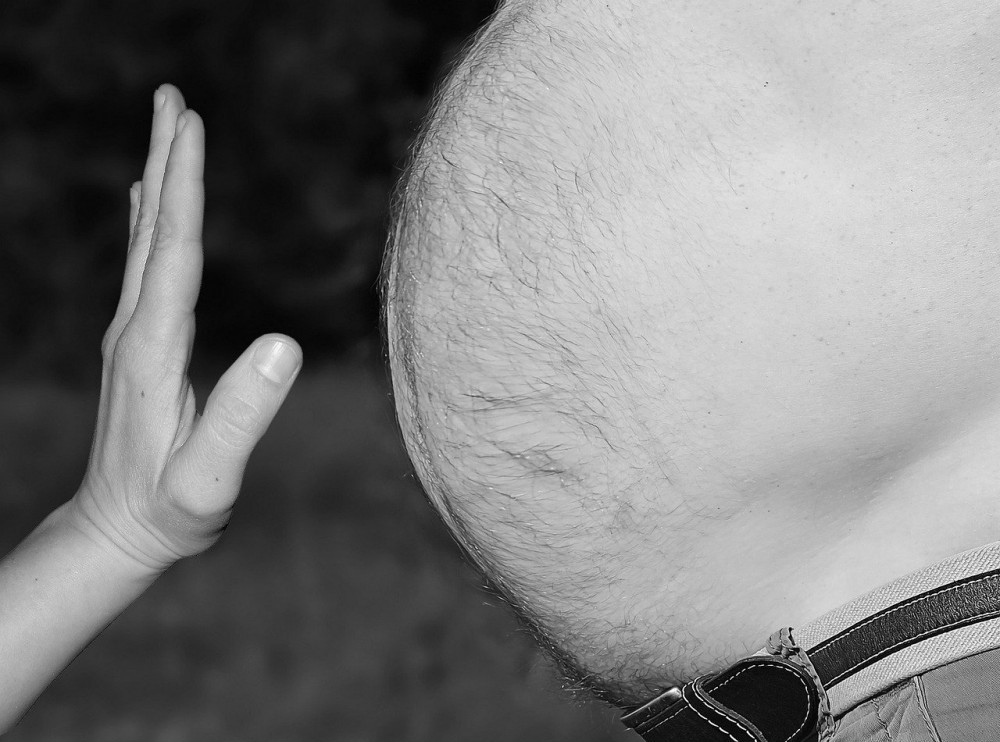
Defining Obesity and Hirsutism | Side Buddies
Obesity: It is defined as abnormal or excessive body fat. More calories are being taken into the body than is being burned off. Interestingly, this could be caused by a health problem or lead to a health problem.
Some risk factors are…
- Cardiovascular Diseases: Heart disease and strokes are the main ones. And, heart disease is the number one cause of death in the USA.
- Diabetes: Obesity and diabetes also have a relationship. That’s because obese individuals are more at risk to develop Type 2 diabetes.
- Musculoskeletal Issues: Ankle, foot, knee, hip, and shoulder are the areas commonly affected.
Losing weight helps to prevent or reverse the risk of having these health issues.
Hirsutism: Excessive or superfluous male-pattern hair growth defines what hirsutism is in women. Furthermore, it is considered to be abnormal ranging from mild to severe.
The areas mostly affected are facial (upper lip, chin) chest, back, and legs. In mild cases there may be only a few strands of hair. On the other hand, severe cases create more cause for concern.
Obesity and hirsutism are both bothersome conditions to people who are afflicted. For example, they are dealing with inner conflicts and the outward cosmetic appearance.
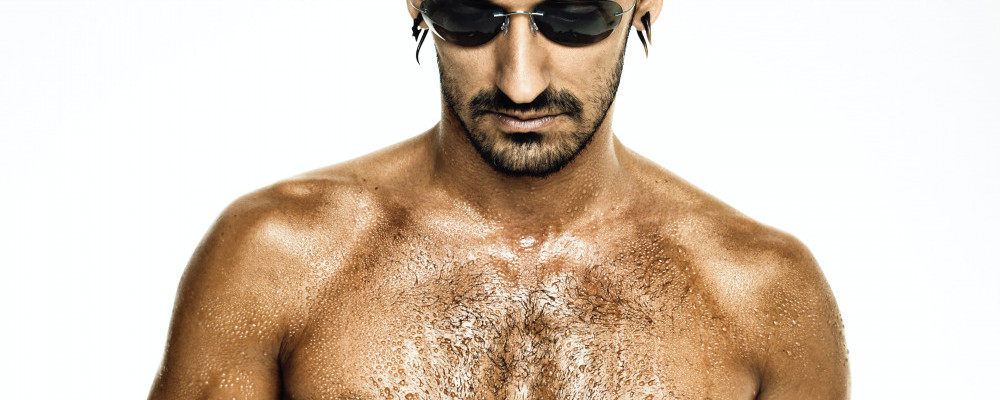
Obesity Concerns | Inner and Outer Conflicts
Obesity, depending on the severity and cause, may result in severe health issues. And any one of the diseases mentioned above or others could lead to even more complications.
The outward appearance is not a problem to everyone. Some embrace it as a normal lifestyle while others have a difficult time coping.
Additionally, many people get depressed or become withdrawn from social interactions. They find excuses to avoid socializing with others, even in familiar settings.
They don’t feel they fit into the ideal image, whatever that is. Some people may make fun of them, driving them further into withdrawal and low self-esteem.
The focus should be more on resolving the health issue by finding the root cause. The next step is to work on a strategic plan to eliminate it.
Everyone has the right to seek ways to enjoy optimum health. We are all aware of obstacles and distractions along that path. This means the journey isn’t always smooth.
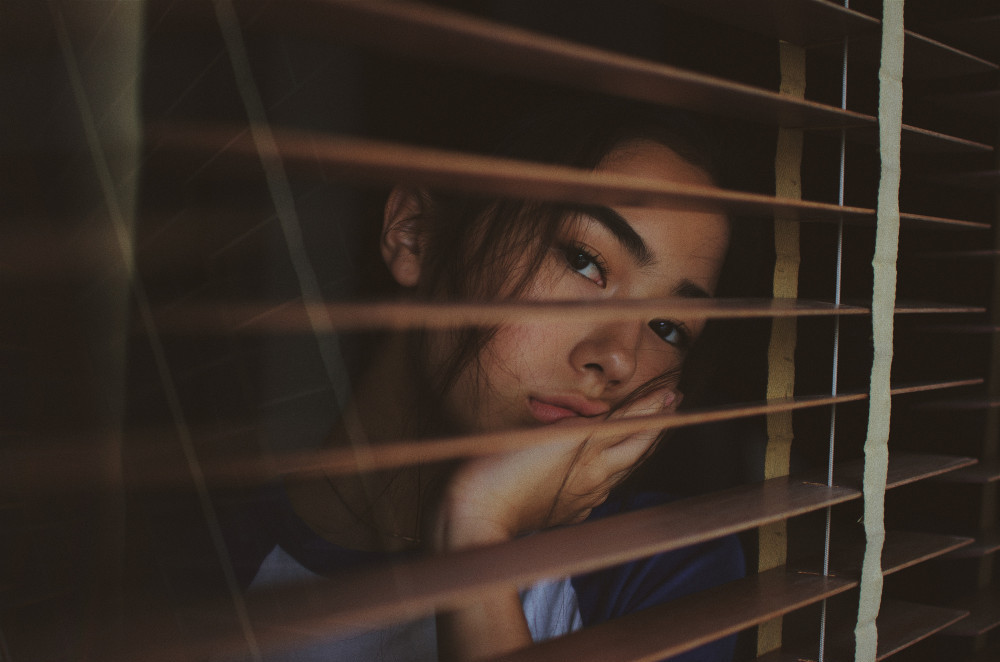
Hirsutism Concerns | Inner and Outer Conflicts
The most common concern for individuals suffering from hirsutism is the outward appearance. Subsequently, it can be distressing leading to severe emotional conditions.
The hirsute may be unaware of complications taking place inside their bodies leading to this abnormality. Their hormones may be running wild without attention being paid to that aspect.
Inner conflicts are caused from malfunctioning of internal body systems. And these changes can show up immediately or become noticeable over a period of time.
It’s easy to ignore signs that are mild in nature as something insignificant. On the other hand, more severe symptoms are sometimes ignored to avoid hearing bad news.
Financial lack is also a very common reason for inaction. That’s why some people are unable to get the proper diagnosis and treatment they need.
The outer conflicts are the same as someone who is obese and self-conscious about their image. These include depression and anti-social behaviors.
Therefore, if you exhibit hirsutism, you are faced with questions about the right solution to your problem.
Should I shave, tweeze, use at-home depilatory creams? Or should I go the more expensive route of seeing a hair removal specialist?
Everyone handles what they’re going through differently. While some may be mildly affected, others needs more encouragement to get through.
It’s important to have support from family, friends, and groups.

PCOS | A Common Enemy for Both Conditions
Polycystic Ovary Syndrome (PCOS) is a troublesome disorder with several complications. These include obesity and hirsutism. Chronic acne and irregular menstruation are two other symptoms.
Many individuals with PCOS displaying symptoms of obesity and hirsutism have no idea what’s going on. They may choose to look deeper or simply accept it as their way of life.
You can get help from your primary care physician, OB/GYN, or endocrinologist depending on your specific condition.
Bear in mind, your primary care is often the one to diagnose and make referrals to a specialist.
Furthermore, your primary healthcare provider, a bariatric specialist, and nutritionist play a role in managing obesity.
The main players in treating hirsutism are endocrinologists, dermatologists, and hair removal specialists. These include electrologists and hair laser removal technicians.
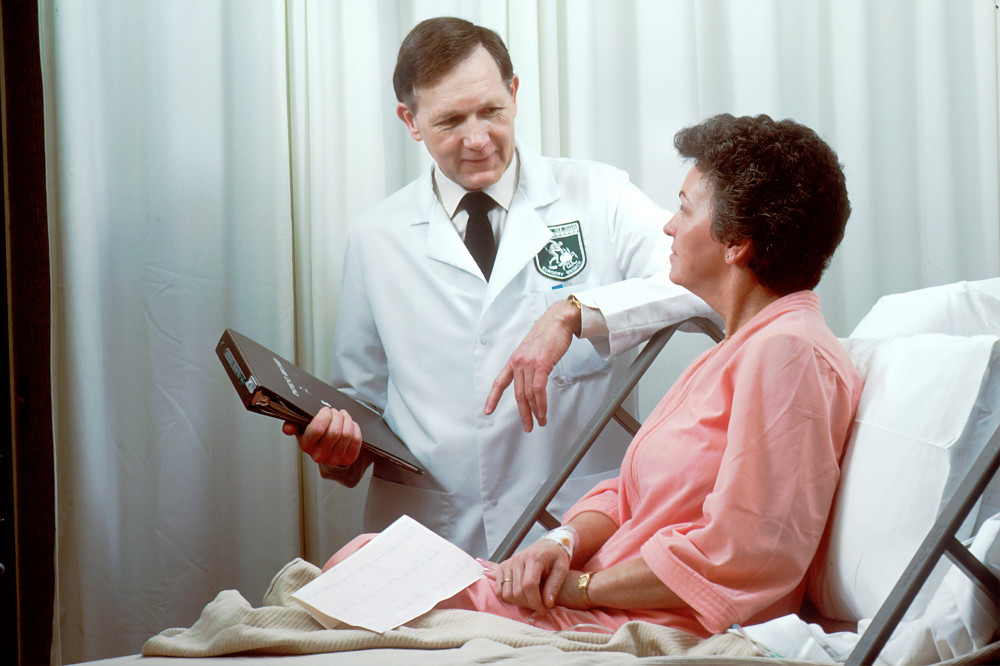
Obesity and Hirsutism | They Don’t Define You!
So, here’s the thing: If you are afflicted by obesity and/or hirsutism, you need to pay attention to what is going on in your body. For example, your hormones may be malfunctioning.
The underlying condition may be more serious than the outward appearance. As a result, these conditions may lead to severe health issues, some of which could lead to death.
These conditions do not define you regardless of internal or external symptoms. In addition, depression and avoiding social interactions should be treated by getting support.
Do not take your health for granted. Consult your doctor to find the root cause of the problem. And follow preventative and restorative guidelines for better health.
Furthermore, obesity, hirsutism, and other symptoms of Polycystic Ovary Syndrome (PCOS) don’t have your name. Although you may be afflicted, you must fight to keep your identity separate from these illnesses.
“Obesity and Hirsutism | Overweight and Excessive Hair Growth,” is a brief look at the relationship between the two. The intention is to bring awareness to you or someone you know.
Too many symptoms go unnoticed or ignored resulting in more serious complications and even death. You can live a more wholesome and meaningful life by taking care of your overall wellbeing.
Do whatever it takes to make that happen for you and your family. Participate in a discussion on the topic by leaving your questions and comments below.
Please share this article with someone who may benefit from this information.
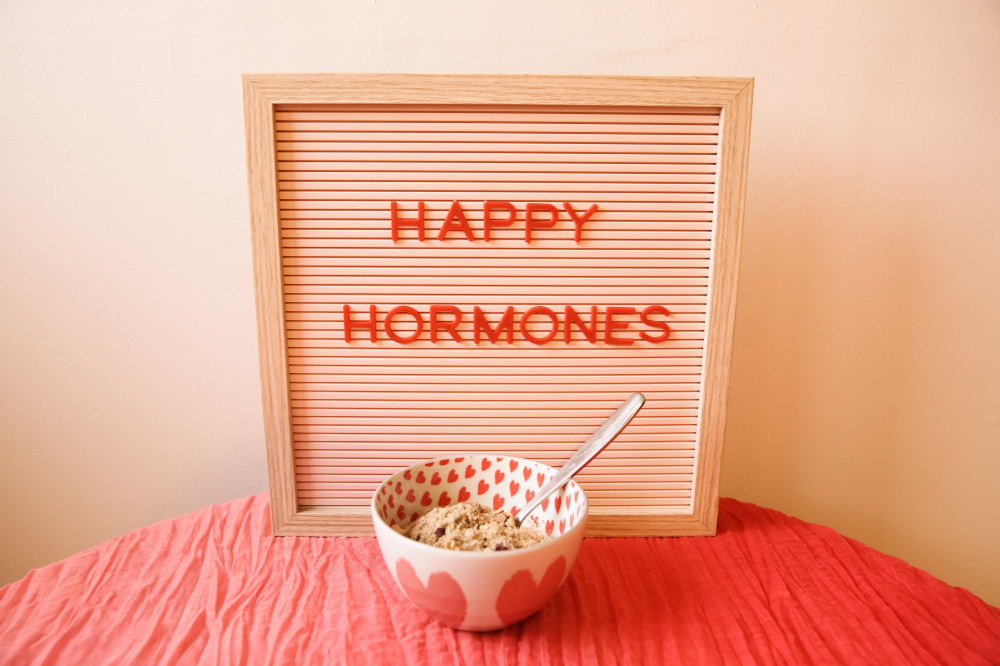
I stumbled upon an article that talks about two subjects that I never thought would be related: obesity and excessive hair growth. Yes, you heard me right. Apparently, there is a connection between the two. Who knew?
The article discusses how obesity can lead to hirsutism, which is a condition where women have excessive hair growth. Now, I’m not here to judge anyone’s appearance, but I have to admit, that sounds like a pretty hairy situation.
On a serious note, the article is informative and sheds light on a topic that is not widely talked about. It’s important to educate ourselves on all aspects of our health, and this article does just that.
So, I just want to take a moment to thank the author for writing about this topic. It may not be the most glamorous subject, but it’s an important one nonetheless.
And to those who may be struggling with excessive hair growth or obesity, don’t worry. You are beautiful just the way you are. But if you do want to address these issues, there are options available to you.
So, let’s embrace our unique qualities and take care of ourselves in the best way we can. Cheers to good health and fabulous hair!
Hi Bob:
Thank you so much for taking time to read and share your thoughts about my article. I’m happy you found it informative.
It’s absolutely important for us to appreciate who we are regardless of what we are faced with. Some things take trial and error before we find the right solution, but we shouldn’t give up.
Good health and success to you on your journey!
Veron